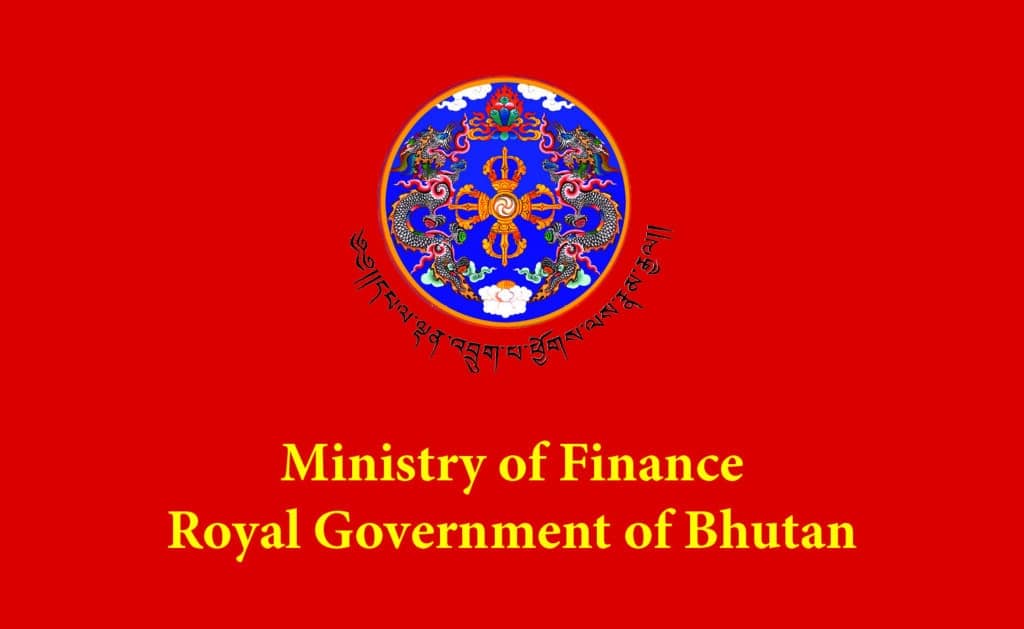The ban on chilies from India has encouraged local farmers to produce and sell more chilies.
The Bhutan Agriculture and Food Regularity Authority (BAFRA) banned the import of chilies from India in June 2016.
The ban was imposed since the imported chilies showed a high pesticide content.
Thinley, a farmer from Punakha said that since the government banned the import of chilies, it has motivated local farmers to work harder and cultivate chilies on a larger scale as the domestic demand is high. “Last year, I cultivated chilies worth around Nu 30,000 which is more compared to the past years.”
Further, a variation in prices exists as the domestic production is purely organic whereas chilies that are imported have high pesticide content and are unsafe for consumption.
Another farmer from Tsirang said that the domestic production in winter will be able to meet the consumers’ requirement since places like Dagana, Gelephu and Tsirang have started producing chilies even in the lean season.
During summer, since the domestic production is more, chilies cost Nu 30 to Nu 50 per kg whereas in the winter months, it costs almost Nu 200 to Nu 250 per kg.
However, Daw Zam, a vegetable seller at the centenary farmers’ market (CFM) said that the ban on the import of chilies has hampered their business.
“When we used to buy chilies from India, we imported huge amounts at less rates but now we are not able to buy local chilies in huge amounts,” she said adding that this is because local chilies cost extravagantly high therefore they are not able to earn as much profit as they did earlier.
Meanwhile, she said that in absence of import of chilies from India, prices during winter and summer vary as the domestic production is very less during the lean season.
Director General of BAFRA Namgay Wangchuck said: “BAFRA banned the import of chilies due to the presence of a high content of pesticides which is beyond human consumption. Last year BAFRA also banned import of cauliflower and beans.”
Additionally, he also mentioned that BAFRA regularly conducts pesticide content surveillance through the use of field test kits and laboratory testing to ensure food safety.
“BAFRA conducts pesticide content surveillance tests regularly and if the amount of pesticides is found acceptable, there will be a lift on the ban,” said Namgay Wangchuk, “BAFRA also conducts regular surveillance tests for the vegetables which are domestically produced.”
Zangmo, who buys chili regularly at the CFM said that she is happy with the chili import ban since it will encourage domestic production of organic, local chilies which would ensure food safety and help farmers through competitive pricing.
BAFRA has still not approved the import of chilies as of now.
Jigme Wangchen from Thimphu













